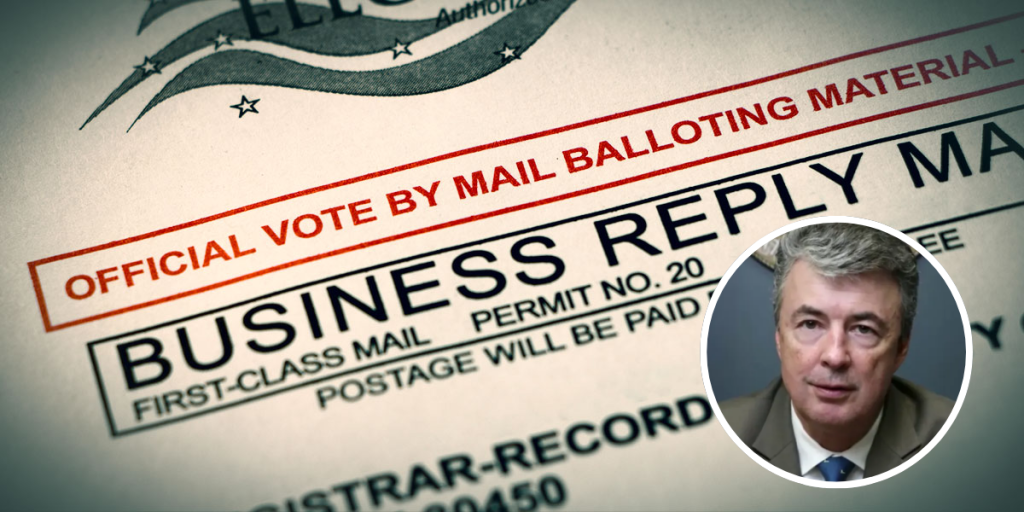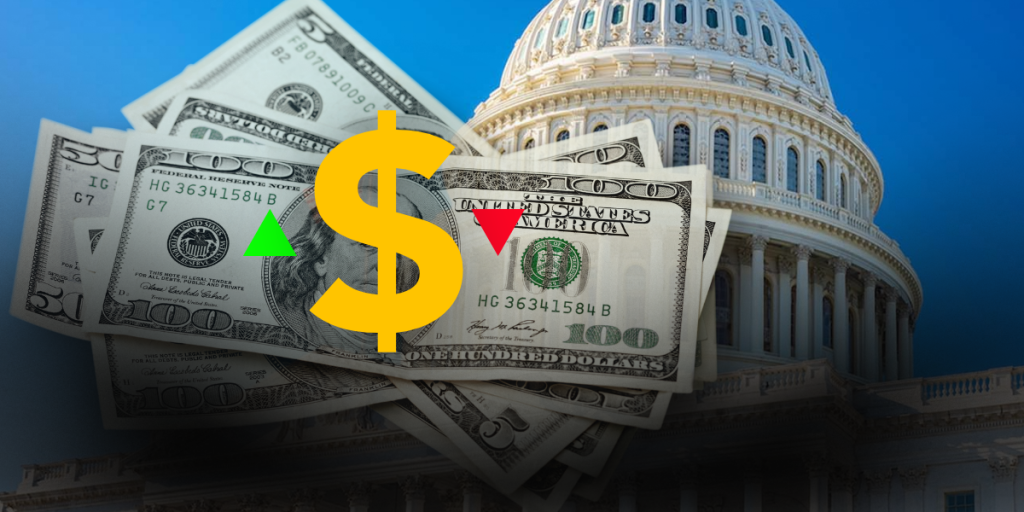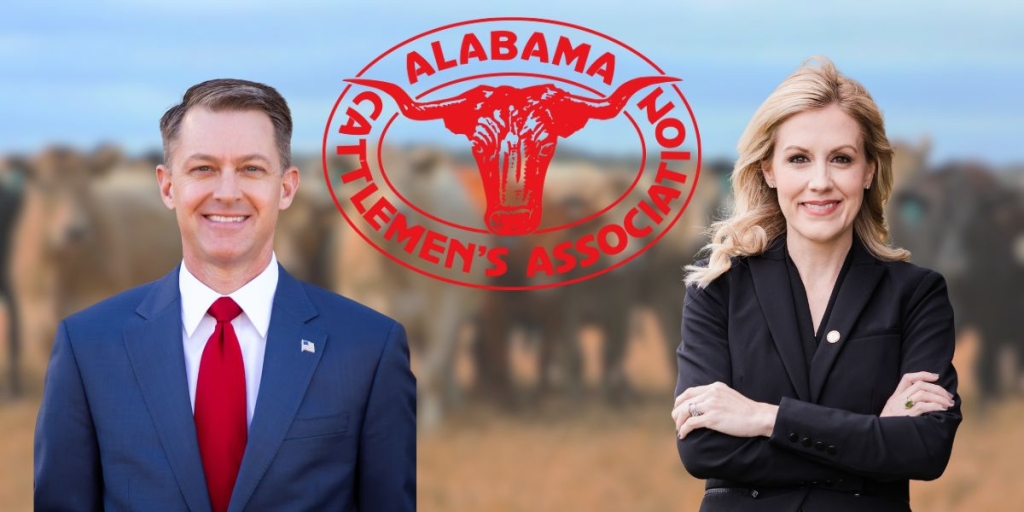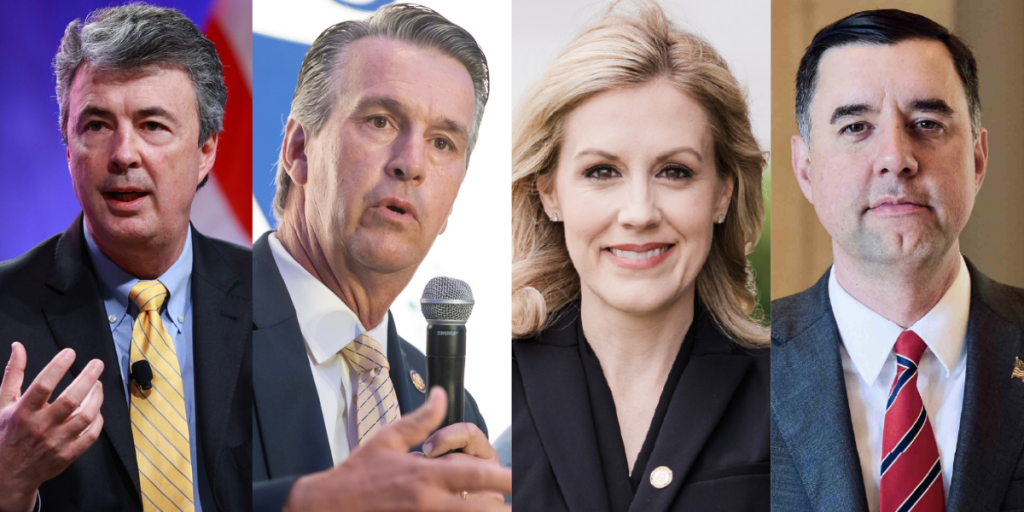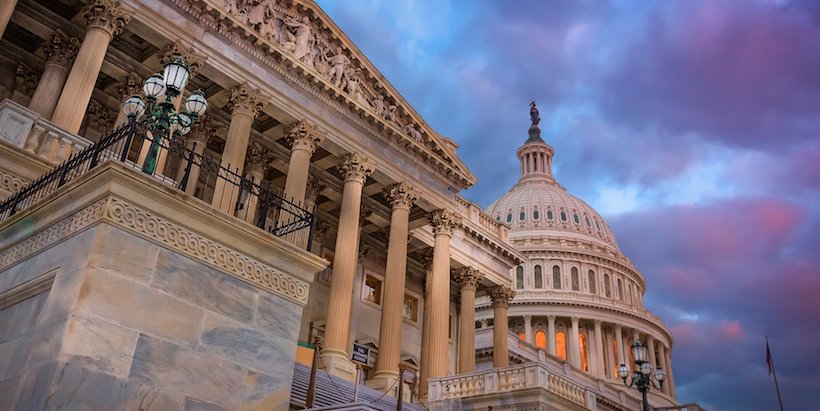
The New Year always comes brimming with new goals, possibilities, and expectations. This year, for many, those expectations are closely tied to the 2016 presidential election.
Conservatives had a tumultuous year. The U.S. Supreme Court ruled with unbridled power and without regard to long-settled precedent. The free exercise of religion continued to be hollowed out by politicians and judges across the country. Planned Parenthood’s gruesome treatment of unborn babies was exposed, yet went largely uncensured as the group held onto taxpayer funding. The president’s use of executive action on matters quite beyond the mainstream reached new heights. Even in Alabama, the Republican governor abandoned some of his most prominent conservative campaign promises.
Conservatives feel betrayed by politicians at every level of government. As a result, many have pulled back on their civic involvement. Even some conservative politicians have begun to capitulate and have given up on pursuing an aggressive agenda. Still, they hold on to a glimmer of hope that a dramatic change at the top can get the country going in a better direction.
Perhaps more than in any other time in American history, the past decade has revealed a national epidemic of either ignorance or apathy to the fact that our government is, as Ronald Reagan put it, “beholden to the people.” Exploiting this, government has grown at an alarming rate and has progressively saturated every aspect of our lives. It has gotten so big, so impenetrable, that any rebuke that does come from the general public is easily ignored and hardly threatening.
William F. Buckley Jr., writing in 1963, could have easily been describing 2015 when he said:
“I am fascinated, and concerned, by the increasing submissiveness of the American people. In the course of a single year, a genuinely outraged majority cooled off without doing anything about a challenge to three of the very deepest human commitments, the commitment to one’s God, the commitment to one’s freedom, and the commitment to one’s country. . . . What happened was not the result of a rational dialogue, but the result of a national lassitude.”
That lassitude, or apathy, is bred by a disbelief in the ability to change anything.
While many of us are highly engaged in the ongoing process of choosing our next president, how different would our government be if we were even half as engaged in non-election years? Presidential candidates use issue-based polling as guidance for their positions because they know they cannot win if they stray too far outside the lines of public opinion. What if those in office felt the same way–that ignoring the desires of the public would come with real consequences?
When we (consciously or not) continue to accept big government’s inevitability, we cannot help but elevate presidential elections to the status of our once-every-four-years chance to “right the ship” of our nation. This leads us to pass up numerous opportunities that we have to directly influence government at the local and state level–to really change things from the bottom up, not just the top down, as the Founding Fathers envisioned.
As we enter this new year full of nervous anticipation in the political arena, we should certainly do what we can to ensure the election of the best possible president. Still, the most compelling candidate would admit the limitations of the office, rather than promise us the world. First, many of the presidency’s limitations come from the Constitution and, if properly adhered to, would result in a return of power to the states. Second, no president (or government) can guarantee the preservation of our democracy and ideals without the strength of non-government frameworks–the family, the community, and the church.
In his book God and Government, the late Chuck Colson reminds us that “the answer to the big government illusion is found in small voluntary associations,” or “little platoons,” as Edmund Burke called them. Colson gives numerous examples of families and churches working in the lives of their neighbors, serving the needy, and visiting prisoners. When we do these things, he notes, “in a very real sense, we’re helping to maintain the distinctive character of our society–to preserve America’s richest heritage. We are strengthening the ‘little platoons’ that foster virtue and are the bedrock of America’s freedom.”
Katherine Green Robertson is Vice President of the Alabama Policy Institute (API). API is an independent, nonpartisan, nonprofit research and education organization dedicated to the preservation of free markets, limited government, and strong families. If you would like to speak with the author, please e-mail [email protected] or call (205) 870-9900.




